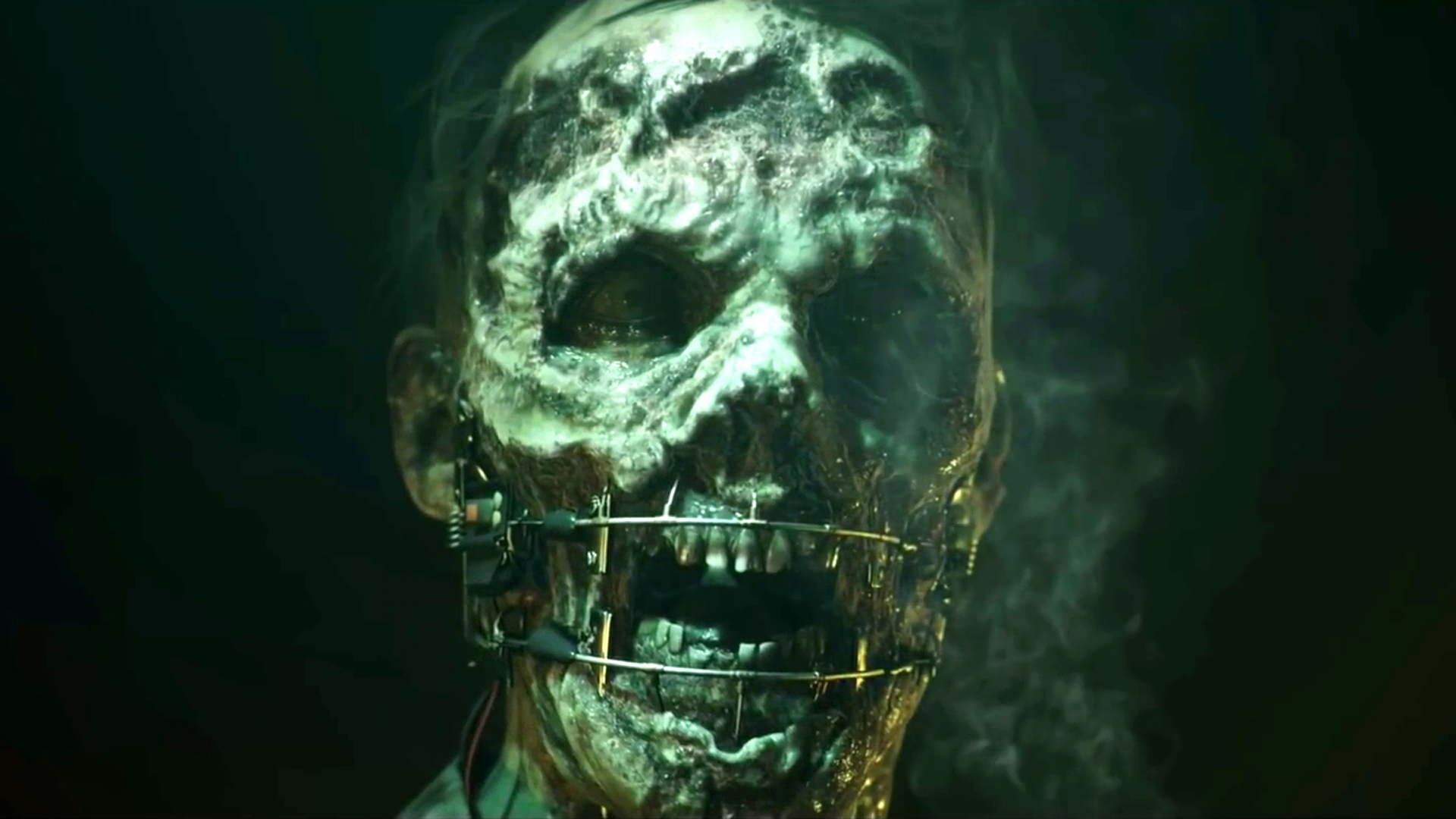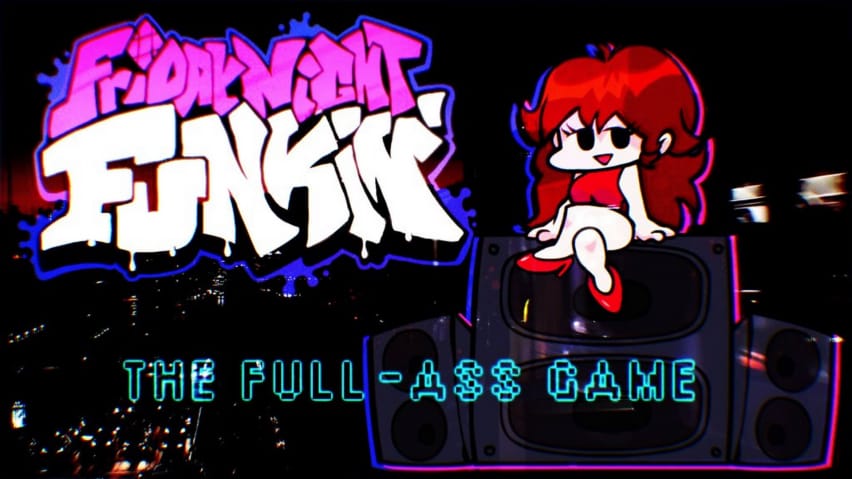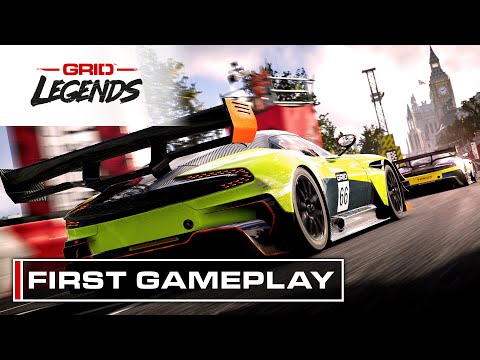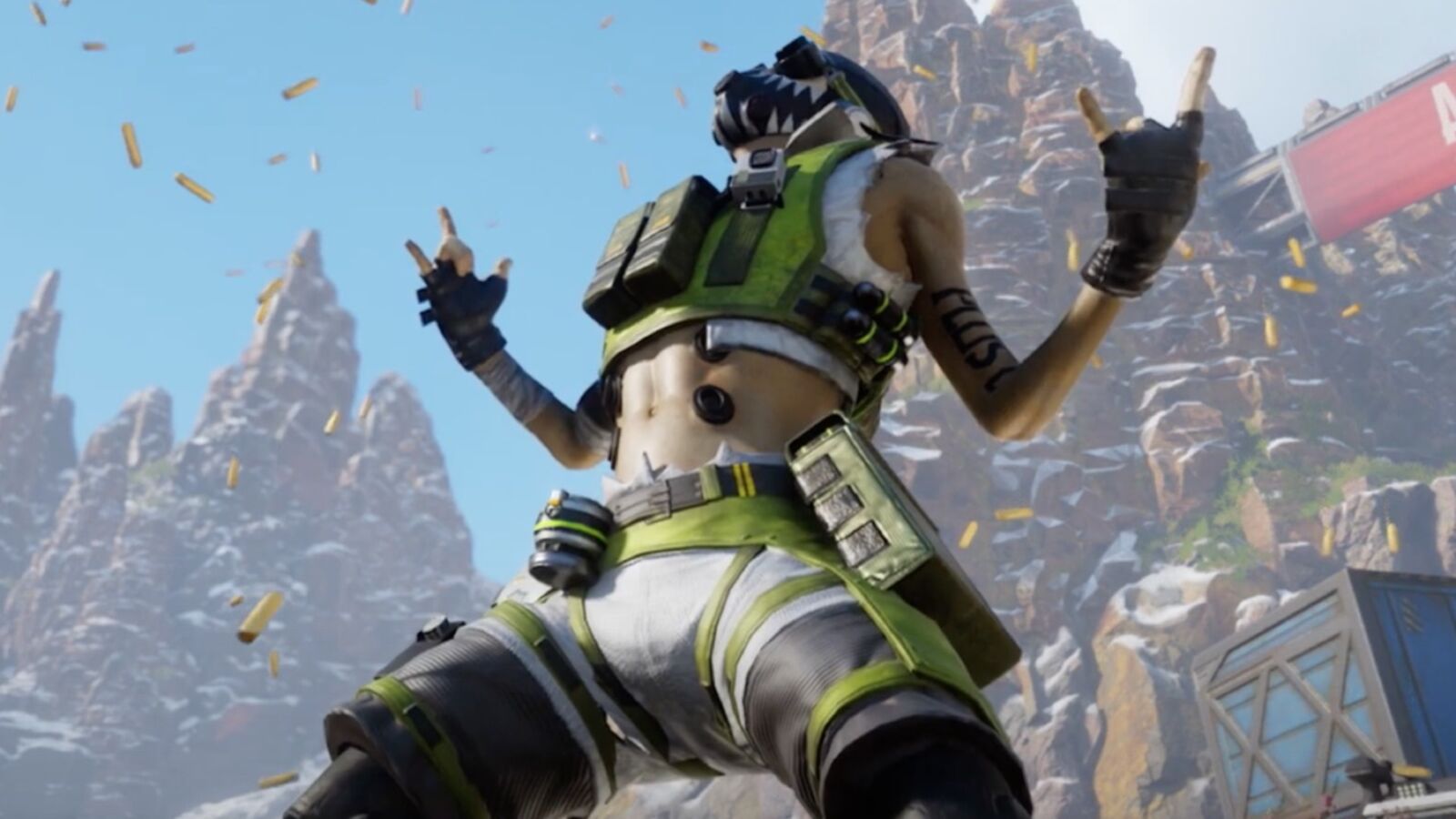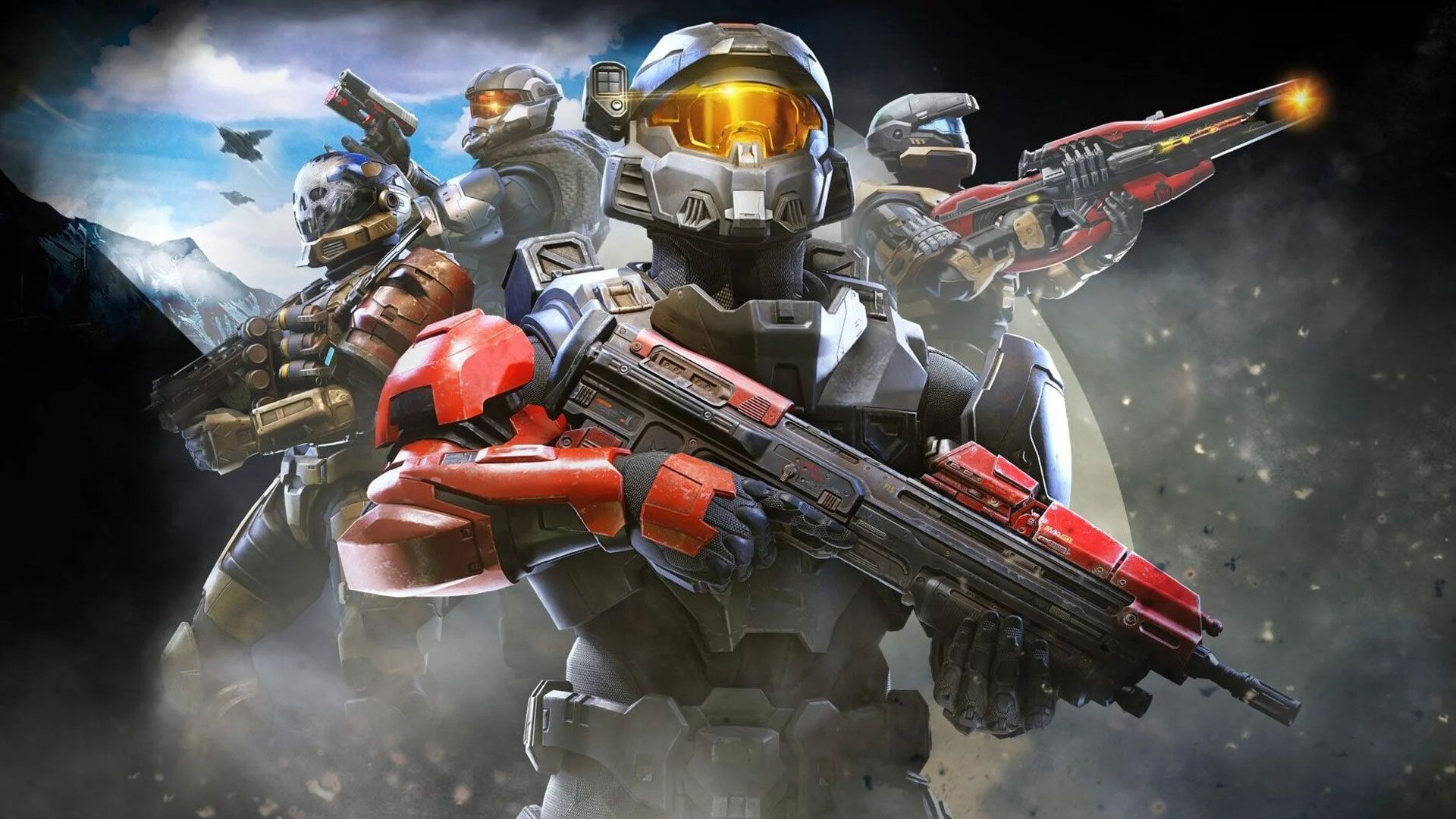
Gamescom's Opening Night Live show is the shiny, smiling, approachable face of modern gaming. It doesn't reflect the work being done by small indie studios, where the medium's boundaries are being pushed in provocative, subversive ways by diverse developers with unique perspectives. But it is a handy way of getting a feel for the current state of modern, mainstream gaming—and if this year's show is anything to go by, things aren't looking great. The show featured flashy cinematic trailers, gameplay footage, and developer talking heads for over 30 games, and I emerged from it thinking "Is that it?"
I'm not saying these games are bad—but the chronic lack of imagination and ambition on display was deeply miserable. Almost every game was a riff on an established genre, a slightly different take on an already successful game, or just a straight-up re-release of something we've played before. Nothing surprised, shocked, or excited me. It's all stuff I've seen countless times, but prettier. If that's the best this $300 billion powerhouse of an industry can come up with, then it's in a sorry state. The big publishers seem more scared than ever of doing anything interesting, and honestly, it's making video games look bad.
Related: Everything Shown At Awesome Indies 2021
I watched it with my partner, who doesn't play games, and I was faintly embarrassed. I'm always telling her how games have changed. They're a valid artform now, I say. A unique way to tell stories, for creatives to express themselves. They're mature and worthy and not just murder simulators for teenagers. Then Geoff strolls on stage and introduces a dozen games where someone is running around with a gun shooting people—in the future, or in a war, or sometimes both—and I suddenly felt like a fraud. Games haven't changed.

The biggest announcement of the show was a reboot of Saints Row. Midnight Suns is XCOM, but with Marvel characters. Bloodhunt is a battle royale, but with vampires. The Outlast Trials is Outlast, but with multiplayer. Super Monkey Ball is Super Monkey Ball, but with Kiryu from Yakuza. Halo Infinite is, well, Halo. There was a Jurassic World Evolution sequel and re-releases of Death Stranding and Lego Star Wars, and Far Cry 6, which is just Far Cry again, but in a new setting. I honestly can't remember the last time the games industry felt this stagnant. Where are the visionaries? The risk takers? Again, I'm not writing these games off. I'll play and probably enjoy them all. I just want something different.
The problem is, games are a service now. The publishing giants aren't interested in crafting considered, long-lasting works of art—they want their games to be addictive one-armed bandits, designed to keep people hooked as long as possible before they get bored and pump their quarters into the next machine. A recognisable IP or a safe, established genre that people are already familiar with is the best way to ensure you build an audience and recoup your investment. While I understand that from a cold, calculating business perspective, in terms of the creative potential of video games as a medium, it's a dead end.
Thankfully, indie developers will always be there to push things forward and create unique experiences. Things aren't totally hopeless. We have games like Inkle's magnificent Overboard, a reverse whodunnit where you have to get away with a murder. There's Wildermyth, a turn-based RPG that generates powerful, dynamic stories as you play. Chaotic physics playground Teardown, which uses its wildly destructible environments to construct clever spatial puzzles. Paradise Killer, a freeform open world murder mystery with a dreamy aesthetic. Dystopian psychiatry simulator Mind Scanners. And Detention, a haunting horror game that uses Taiwan's troubled history to give weight to its story. I could go on, but you get the idea—the indies are absolutely killing it. These are all experiences I've never had before, and that's an increasingly rare thing outside of the indie scene.

I wish the triple-A space was braver, and not so desperately obsessed with making as much money as possible. That's naive of me, I know, but I genuinely believe a game with a $200 million budget can still take risks, and people will buy it if there's passion and vision behind it. Of course, a publisher with shareholders to answer to would laugh at the very idea of blowing that amount of money on a game that doesn't fit into a particular mould and guarantee a large playerbase. That's why we're stuck with new versions of the same games we've played ten times before—and why Gamescom 2021's Opening Night Live show, despite being designed to get me hyped for the next wave of big games, just left me feeling deflated.
Next: Volition Responds To Saints Row Backlash, Says It Is Not "Backing Down"
